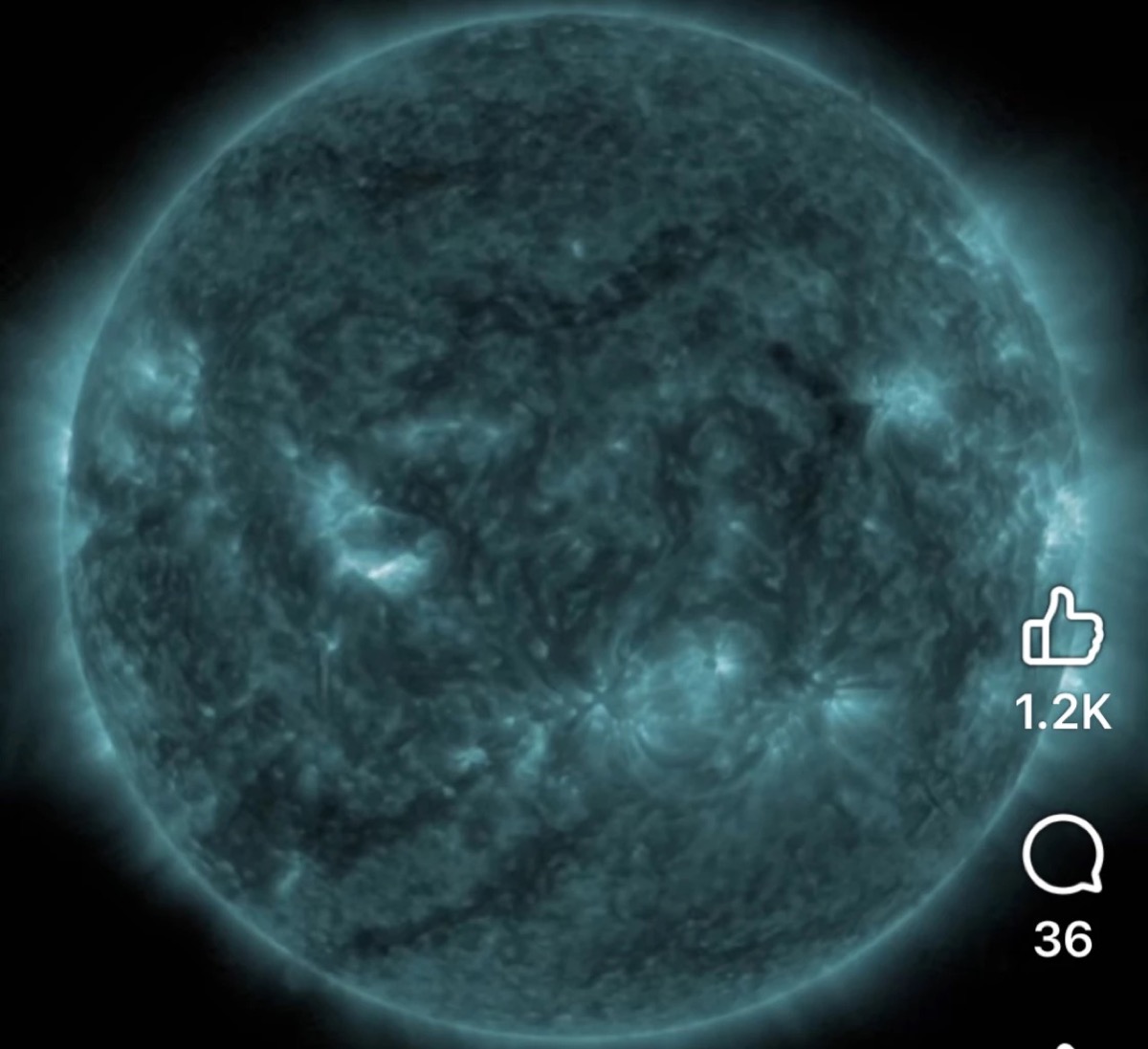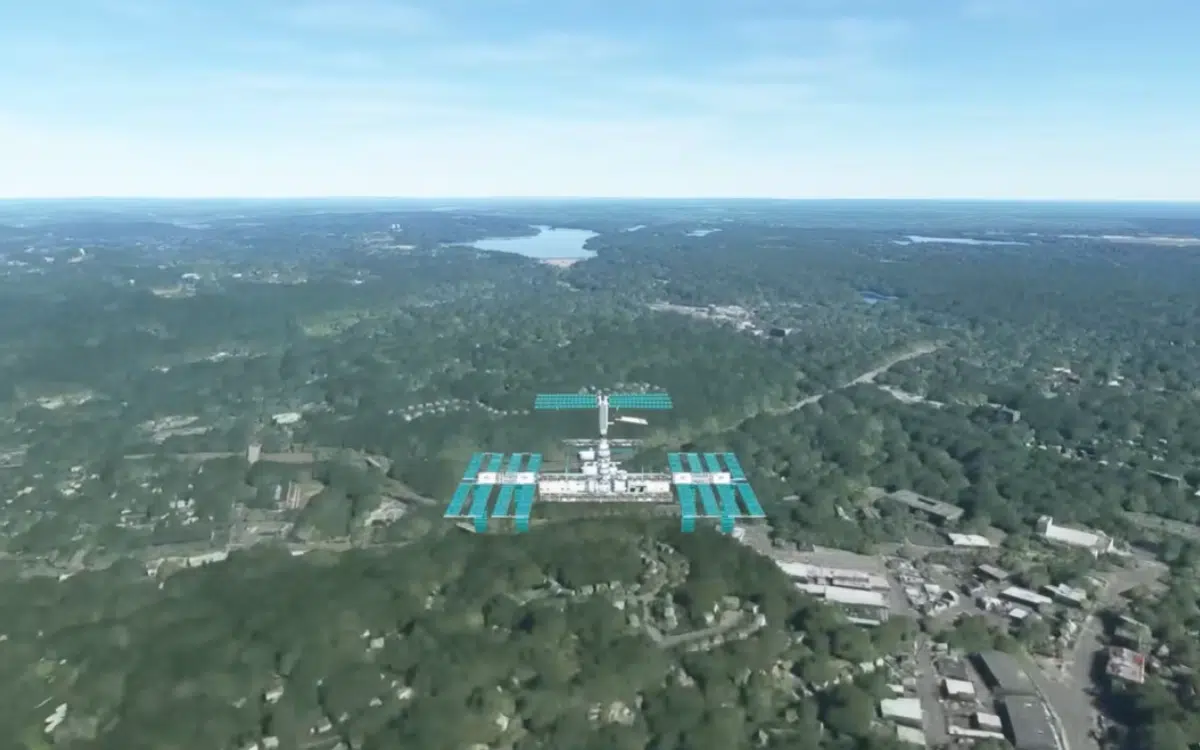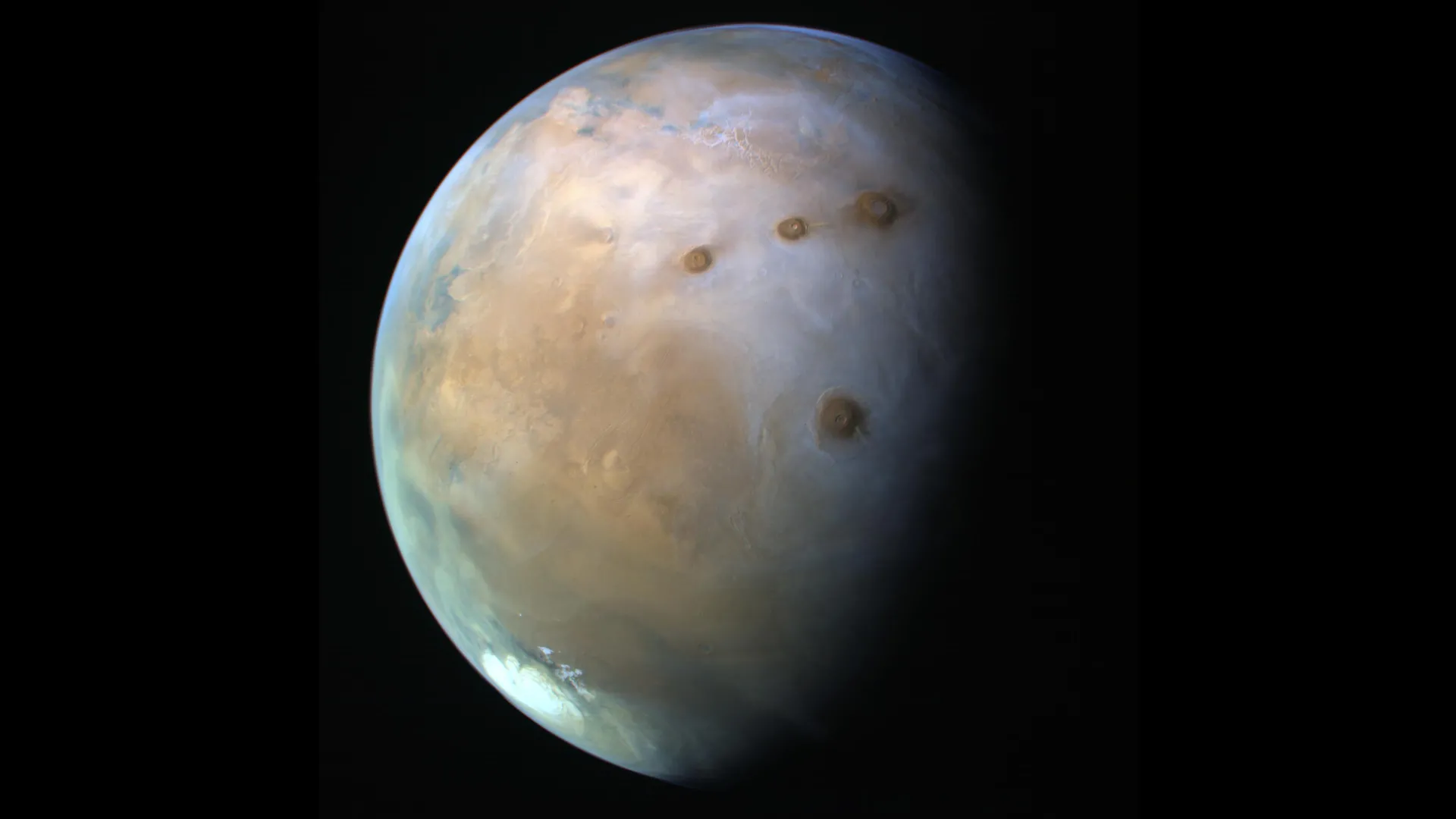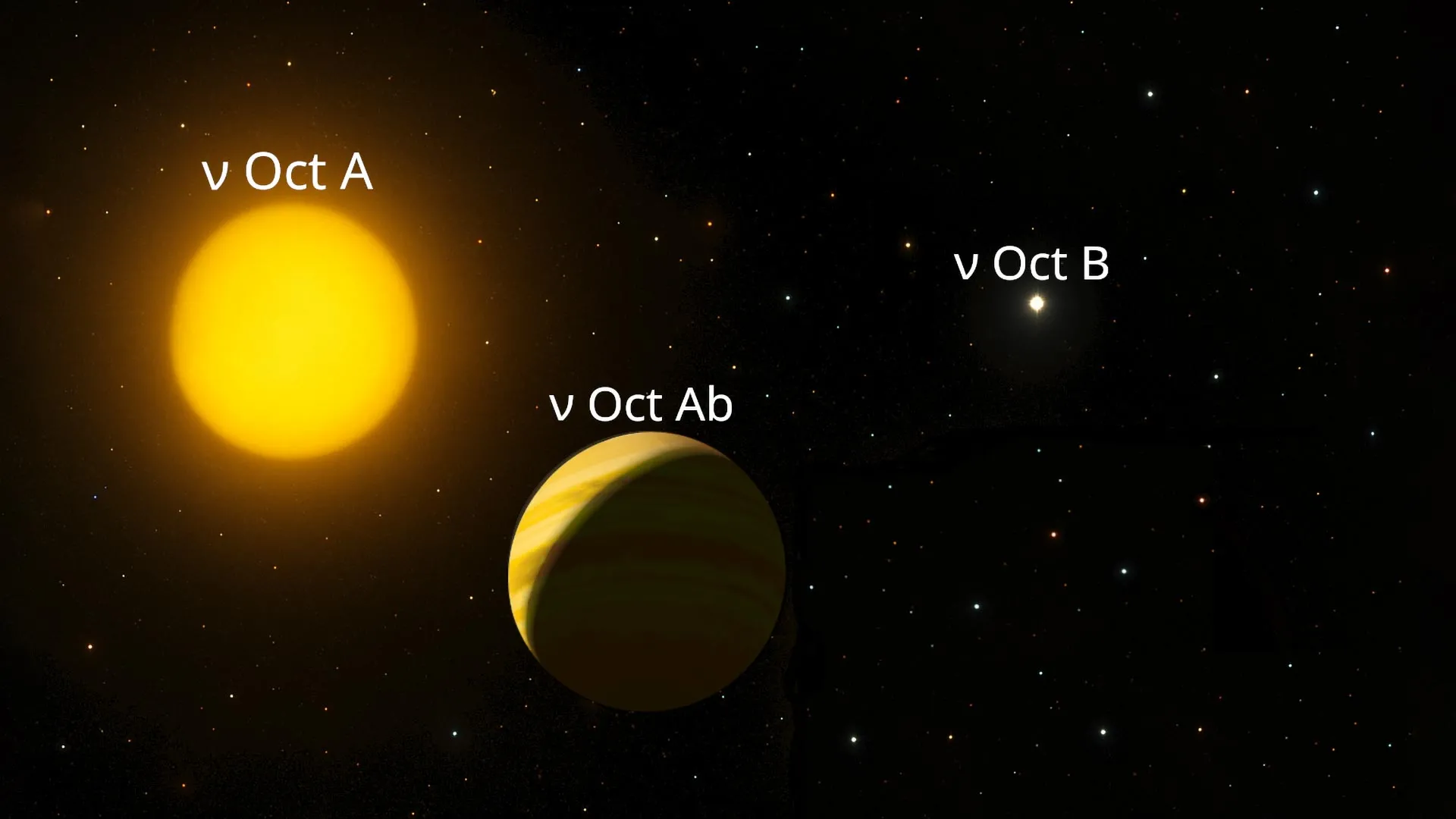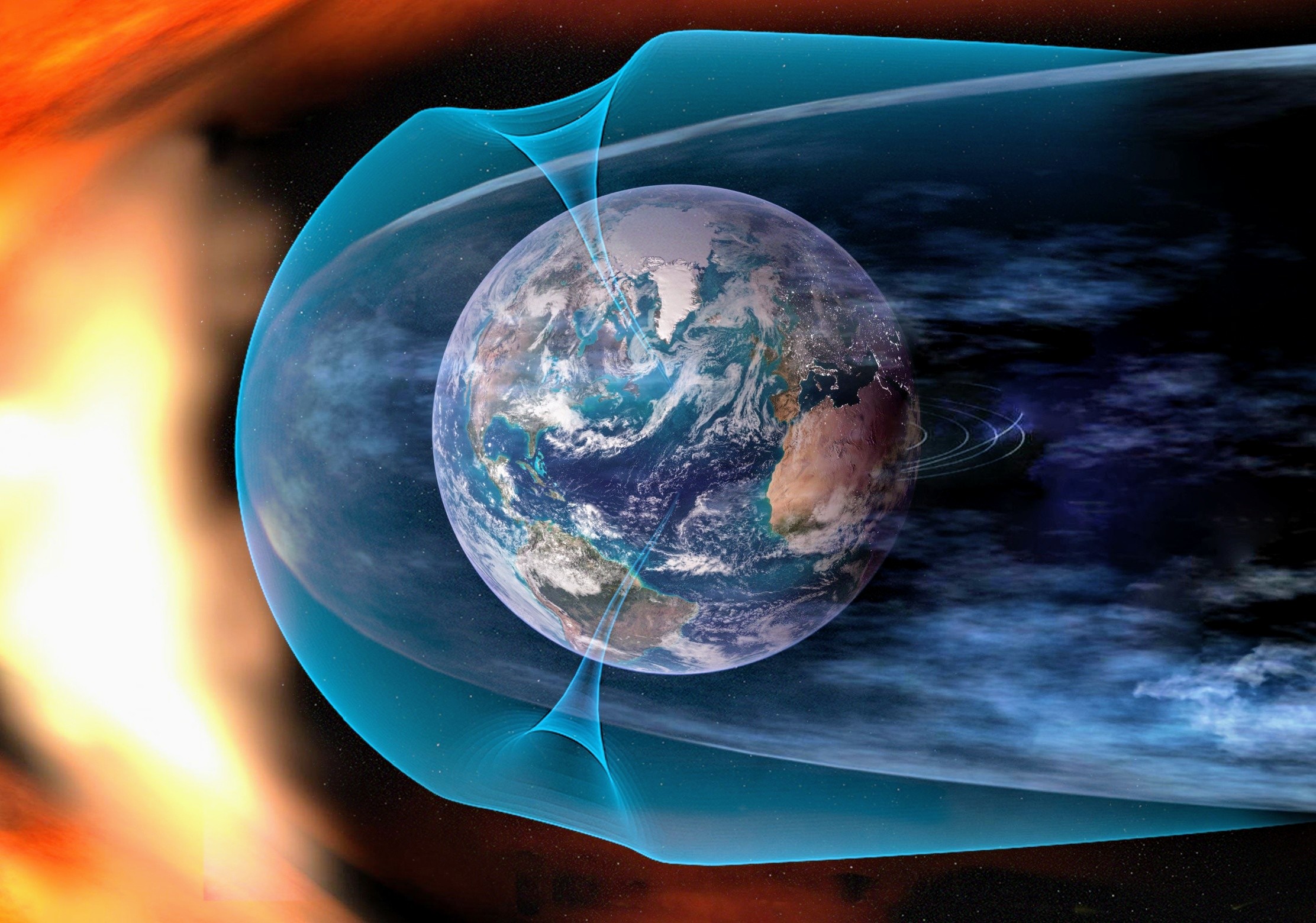The Earth is Spinning Faster: What 1.25 Milliseconds Means for Our Future!

Did you know that Tuesday will be an exceptionally short day—by just 1.25 milliseconds? That’s right! The Earth is spinning slightly faster, and this isn’t just a quirky phenomenon; it’s the third time this summer we've experienced this acceleration, according to astronomers.
“Tomorrow’s day will be about 1.25 milliseconds shorter than normal,” says Katrien Kolenberg, a professor of astrophysics at the University of Amsterdam and the Vrije Universiteit Brussel (VUB). “A difference shorter than the blink of an eye.”
Instead of the usual 86,400 seconds it takes to complete a full rotation, the Earth will finish in 86,399.9875 seconds. While these occasional "speed-ups" are not unprecedented, scientists have observed that they are becoming more frequent, which raises fascinating questions about our planet's behavior.
So, what’s causing this increased speed? Various factors come into play, including the gravitational pull of the moon, which is currently slightly further from the equator, affecting the tides. Seasonal weather patterns, particularly during summer, also alter the planet’s rotation due to changing air pressure systems and upper-atmosphere winds. Even deeper shifts within the Earth's core can influence how fast our planet spins.
It's interesting to note that over the past 4.5 billion years, Earth’s rotation has been gradually slowing down. In its infancy, it completed a full spin in just 10 hours, and around 1.5 billion years ago, days lasted only 20 hours! This trend is ongoing as the moon slowly drifts away from Earth, diminishing its gravitational pull and further slowing the planet’s rotation.
Since 1972, we’ve added leap seconds 27 times to keep our clocks synced with the Earth’s gradual slowdown. However, if these accelerations become more common, scientists might eventually have to implement a negative leap second—a concept that isn’t exactly straightforward. Just think back to the Y2K scare; many systems weren’t designed to handle such adjustments.
While the average person might not notice a difference, even the tiniest changes in time can have significant implications for technology that relies on precise timing. For example, GPS satellites travel at incredible speeds and depend on accurate timekeeping. “In a single millisecond, they will cover a great distance,” Kolenberg explains.
So, what does this all mean for us? As Earth continues to exhibit unexpected behaviors in its rotation, it’s a reminder of just how dynamic and interconnected our planet and technology truly are.

















